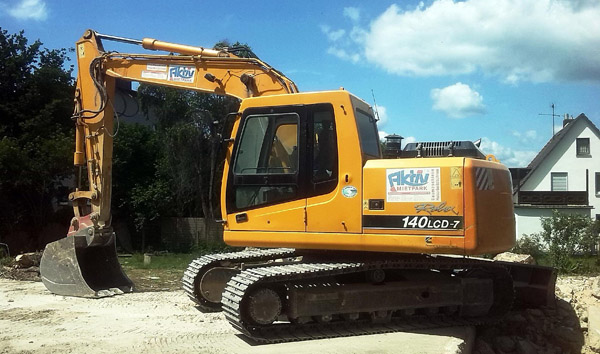The Evolution of Fork Attachments for Wheel Loaders: Enhancing Efficiency and Versatility
2025-07-25 04:50:26
Fork attachments for wheel loaders have become indispensable tools in modern material handling operations. Designed to enhance the versatility of wheel loaders, these attachments enable seamless transitions between lifting, transporting, and stacking palletized or bulky loads. Unlike traditional bucket-based operations, fork attachments provide precision and stability, reducing material spillage and improving workplace safety. Industry data indicates a 27% increase in demand for specialized fork attachments over the past five years, driven by the need for faster, more efficient loading processes in warehouses and construction sites.
One of the key advantages of fork attachments for wheel loaders is their adaptability across diverse environments. Whether handling timber in forestry operations or moving industrial goods in tight warehouse spaces, these attachments offer unmatched maneuverability. Recent innovations include adjustable fork widths, reinforced tines for heavy-duty applications, and quick-coupling systems that minimize downtime during attachment swaps. According to a 2023 market analysis, over 60% of wheel loader operators now prioritize fork attachments due to their ability to reduce cycle times by up to 35% compared to conventional methods.
The integration of smart technology into fork attachments for wheel loaders is another game-changer. Sensors and IoT-enabled systems now provide real-time load monitoring, ensuring optimal weight distribution and preventing overloading. This advancement aligns with global safety regulations, which increasingly mandate automated load management in heavy machinery. Case studies from European construction firms reveal a 40% reduction in equipment wear and tear after adopting sensor-equipped fork attachments, translating to significant cost savings in maintenance and downtime.
Looking ahead, the market for fork attachments is projected to grow at a CAGR of 8.2% through 2030, fueled by automation trends and the expansion of e-commerce logistics. Manufacturers are investing in lightweight, high-strength materials like carbon fiber composites to further enhance load capacity without compromising agility. As industries continue to prioritize efficiency, fork attachments for wheel loaders will remain a cornerstone of modern material handling solutions.













